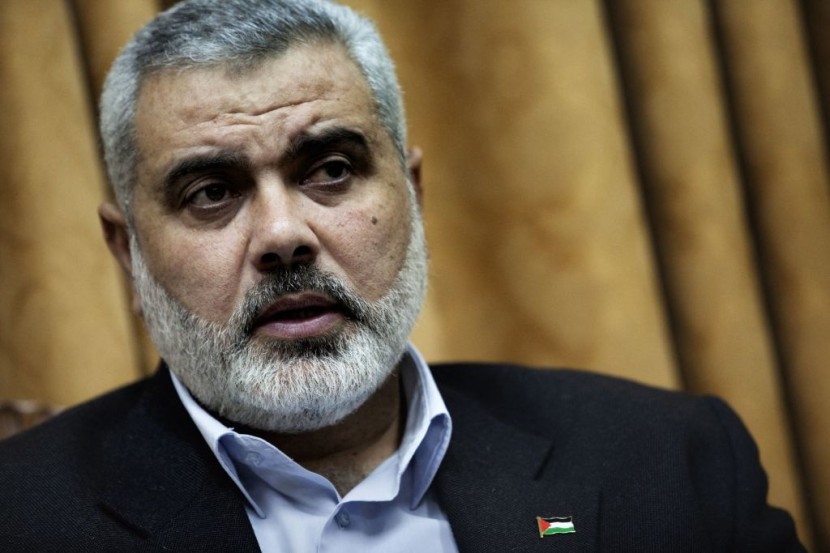Hamas's political leader, Ismail Haniyeh, has confirmed that the group is carefully studying a new proposal aimed at pausing the fighting.
The proposal was put forth by mediators representing Israel, the United States, Qatar, and Egypt, marking what appears to be the most serious peace initiative in months, as per BBC.
Gaza Ceasefire Proposal Amid Regional Tensions

The proposed ceasefire, disclosed after talks in Paris involving intelligence chiefs from key stakeholders, outlines a three-stage truce. According to a senior Hamas official who spoke on condition of anonymity, the plan involves the release of remaining civilians among hostages captured on October 7, followed by the release of soldiers, and finally, the return of the bodies of hostages who were killed.
The seriousness of the negotiations is underscored by Ismail Haniyeh's announcement of his first public trip to Cairo in over a month to discuss the proposal. However, Israeli Prime Minister Benjamin Netanyahu has reiterated his commitment to not withdrawing troops from Gaza until achieving "total victory."
Netanyahu clarified, "We will not end this war short of achieving all of its objectives. That means eliminating Hamas, returning all of our hostages, and ensuring that Gaza will no longer pose a threat to Israel."
Hamas, the group responsible for initiating the conflict by storming into Israeli towns on October 7, resulting in 1,200 casualties and 253 hostages, insists on releasing its remaining captives only as part of a comprehensive deal to permanently end the war.
The proposal comes amid heightened tensions in the region, with more than 26,000 Palestinians killed by Israeli forces and over 2 million people displaced. The conflict has also led to repercussions across the Middle East, with armed groups allied to Iran carrying out attacks on US forces, according to Reuters.
Read Also: Hamas Studies New Truce Proposal
Biden Concerned Amid Israel-Palestine Conflict
US President Joe Biden, discussing a recent drone attack that claimed the lives of US service members in Jordan, confirmed his opposition to increasing tensions in the Middle East. However, he refrained from providing specific information regarding the response. Diplomatic changes took place alongside an undercover Israeli raid in the West Bank, which unexpectedly led to the loss of three Palestinian militants.
The proposed ceasefire represents the first detailed plan since the collapse of the only brief truce in late November. Despite diplomatic efforts, the gaps in the public stances of the warring sides remain substantial, with Netanyahu insisting on total victory and Hamas prioritizing an end to the Israeli offensive and a full troop withdrawal.
As negotiations unfold, concerns arise domestically for Netanyahu, pressured by Washington to find a resolution, and from relatives of hostages who see negotiations as the pathway to their loved ones' return. However, far-right parties in the ruling coalition threaten to quit if a deal leaves Hamas intact.
Amidst the diplomatic intricacies, an Israeli raid at the Ibn Sina hospital in Jenin, West Bank, drew attention, with troops disguised as medical workers killing three Palestinian militants. The incident intensified the ongoing debate about the use of civilian areas and hospitals in the conflict.
The situation continues to evolve, with both sides carefully considering their next steps, and the global community closely monitoring the progress in the hopes of a significant breakthrough in the enduring conflict, Today reported.
© 2025 HNGN, All rights reserved. Do not reproduce without permission.








